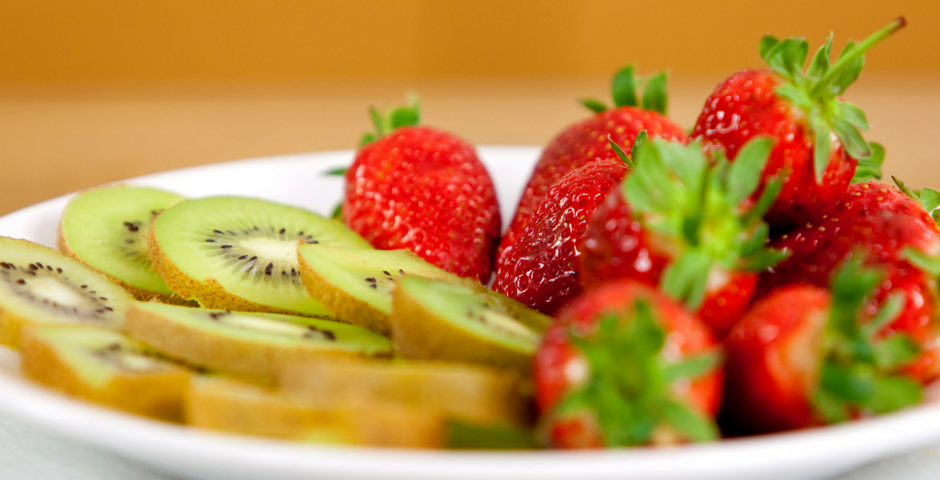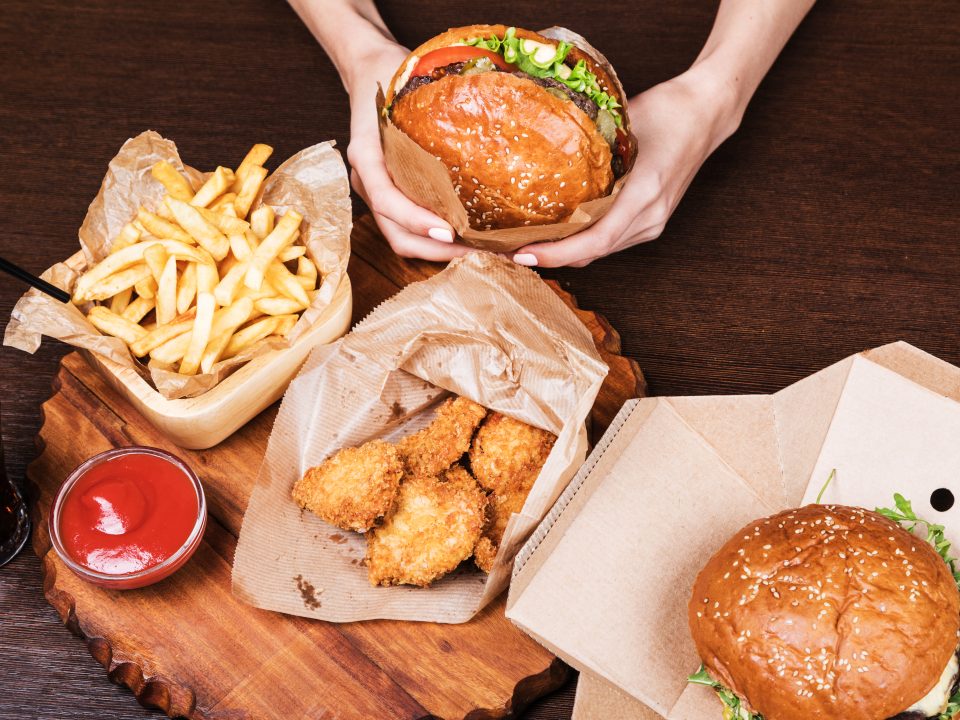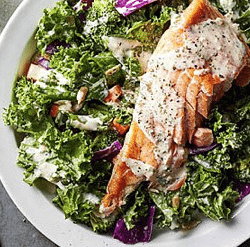
Letting Go of 2017 for Success in 2018
January 12, 2018
Why Workout?
January 15, 2018Fruit is healthy. But not all types of fruit are created equal. So what are the best choices? Here we take a look at some guidelines for making the most of your fruit choices as part of a healthy balanced diet.
Why is fruit great for weight loss?
Fruit is relatively low in calories, since it contains high amounts of water and fibre. What this means is that most fruit helps to fill you up without being too calorie dense.
There is of course some natural variation in the amount of calories in different types of fruit- for example, one medium sized banana has around 100 calories, which is about the same calories as two apples. A quarter of an avocado (technically a fruit) also contains around 100 calories, and so does just 30g of dried fruit.
Despite the density of calories all of these are healthy, and contain important vitamins and minerals. You can and should include many different types of fruit in your diet, as long as you fit this in with the other foods in your day so that your diet is balanced overall.
How much fruit should I be having?
The rule of thumb for fruit is to have 2-3 serves a day. A simple way to work this out is to think of one fruit serve as being a piece about the size of a tennis ball/2 golf balls/ 1 cup chopped.
Are there any types of fruit to avoid?
Fruit that is too processed may not be the best choices for weight loss. For example 1/2 cup (125ml) of fruit juice is considered one fruit serve, but many one us would have more than this. Tinned fruit or processed fruit snacks can have added sugar.
Fruits that are high GI can also leave us feeling hungrier sooner. Very ripe bananas, mango, watermelon, and rockmelon (cantaloupe) can have a GI over 70 meaning that they are digested quickly.
It’s a good idea to include there types of fruit in combination with other low GI fruit- like in a fruit salad. The other option is to include in a meal which has protein, healthy fats, or high amounts of fibre which help lower the overall GI.
Example- having a few banana slices on porridge.
When is the best time to eat fruit?
The answer to this question depends on you, in particular how your body manages your blood sugar levels. If you are prone to blood sugar crashes you can experiment with meal frequency to find the right balance to keep blood sugars stable.
If you are diabetic and on medication you may need to include smaller portions of carbohydrate spaced more frequently through the day e.g. three moderately sized main meals and a small snack for mid meals. You may be just fine working with three main meals a day with no snacks in between.
Work with your doctor to find the right combination that works for you. Fruit can be a wonderful on the go snack to help fight hunger between meals, and much healthier than many prepackaged snack foods on the market.
You can learn more about nutrition for weight loss as part of our weight loss retreats, find out more here.





